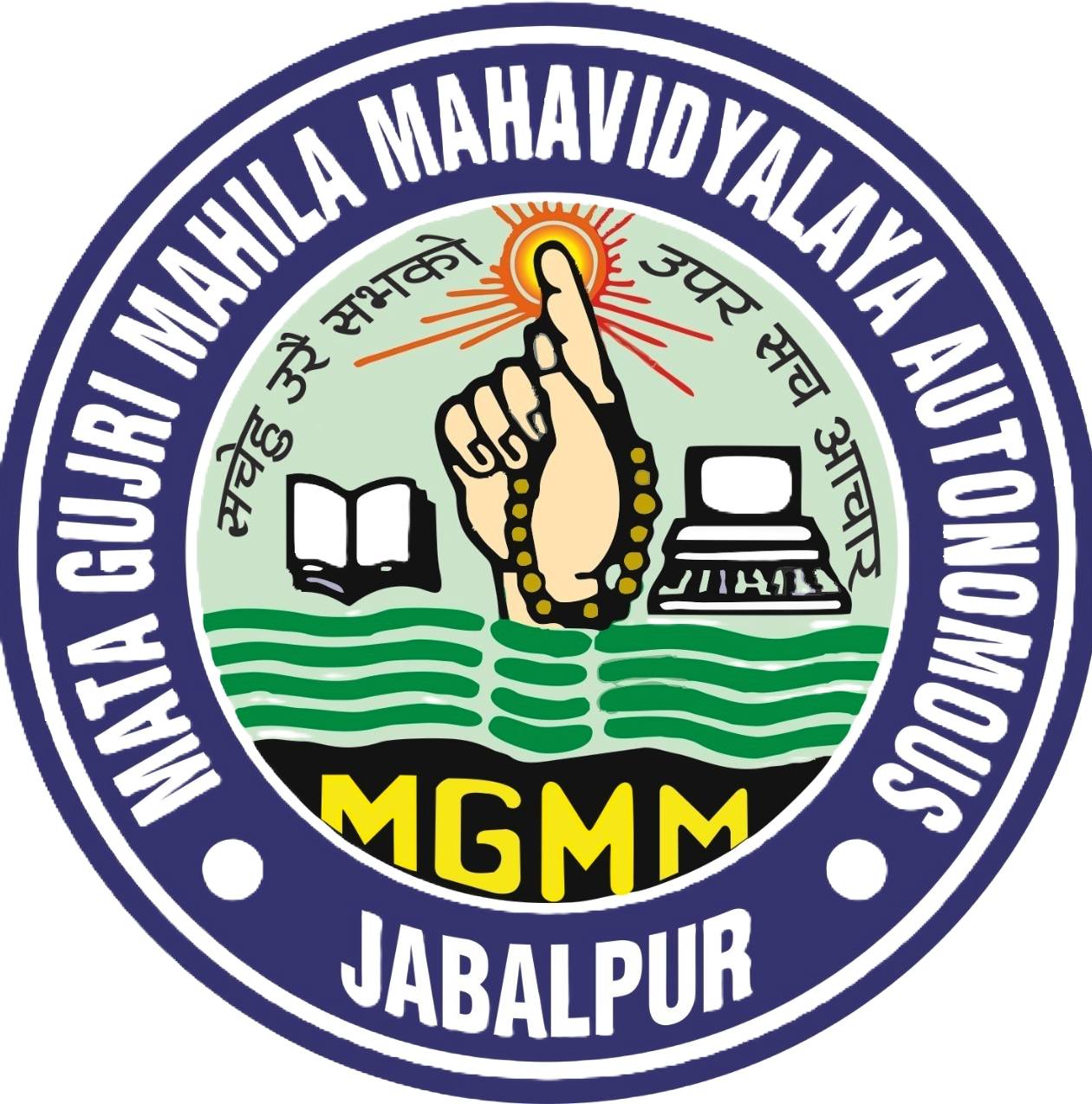PROFESSIONAL CODE OF CONDUCT
Rules and Regulations for Appropriate Behavior and Acceptable Norms in the College - Academic Year 2021-22 Onwards

Table of contents
I. Institutional and Professional Ethics
Engage in educational activities aligned with the institution's vision and mission. Practice a compassionate view of respect and consideration towards all. Appreciate, acknowledge, and encourage merit at all levels.
II. Code of Conduct for Students
Carry and produce the issued identity card when required. Adhere to proper attire and grooming in line with institutional culture. Communicate in a decent and acceptable tone and language. Actively participate in co-curricular and extra-curricular activities. Maintain cleanliness on the college premises. Utilize Mata Gujri Learning Management System (MOODLE) for online teaching. Abide by the blended teaching approach and use ICT tools effectively. Strictly prohibit the misuse of mobile/cell phones during classes. Zero tolerance for ragging; offenders subject to punishment as per UGC norms. Comply with State Government, University, and College rules and regulations. Attend to notices promptly and engage in Parent-teacher meetings.
III. Code of Conduct for Teachers
Emphasize mutual respect and regard towards colleagues. Maintain professionalism and the dignified status of the teaching profession. Record attendance and mark biometric attendance. Be punctual and report on time for lectures, practicals, and exams. Complete teaching and evaluation work within the allotted time. Use college resources judiciously. Interact with students objectively, without bias. Mentor and guide students in academic areas. Interact with colleagues with politeness and mutual respect. Collaborate with the college administration when required.
IV. Code of Conduct for Administrative/Non-Teaching Staff
Non-teaching staff are the backbone, aiding and supporting the institution's functioning. Report on time and discharge duties promptly. Behave decently, adhering to discipline and decorum. Strictly prohibit the consumption of intoxicants and tobacco on duty. Follow service conditions, duties and responsibilities, and leave regulations.
